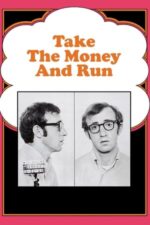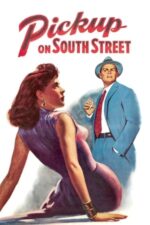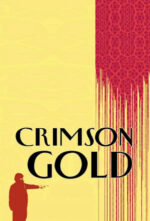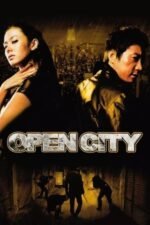The Art of the Take: Exploring Cinema's Pickpockets & Petty Thieves
Isn’t there something inherently fascinating about someone who operates on the fringes? Not necessarily evil, mind you, but existing just outside the established order, bending the rules for survival or, sometimes, just for a thrill. And in cinema, few characters embody that liminal space quite like the pickpocket. They're not grand villains plotting world domination; they’re masters of misdirection, quick hands, and an intimate knowledge of human vulnerability – and filmmakers have found endless ways to explore them.
Think about it: the pickpocket represents a disruption. A tiny act of rebellion against societal norms. It’s a microcosm of larger anxieties about trust, security, and the ever-present potential for exploitation. We see that beautifully rendered in Under the Roofs of Paris (1930), a film I always recommend to anyone interested in early sound cinema. The desperation of Albert, caught between poverty and longing, makes his entanglement with Pola – and Fred’s manipulative framing of him – all the more heartbreaking. It's not just about the crime; it's about the systemic forces that push people towards it.
Then you have films like The Cop in Blue Jeans, which leans into a grittier, procedural feel. The relentless pursuit of the pickpocket ring highlights the anxieties surrounding urban crime and immigration – themes that resonate even today. It’s interesting how these films often use the pickpocket as a lens to examine broader social issues.
But it's not always about darkness. Buster Keaton’s Sherlock Jr. is pure joy, using the premise of a falsely accused projectionist (who dreams of being a detective) to launch into a series of surreal and hilarious adventures. It’s a playful deconstruction of the genre, reminding us that even in narratives built around crime, there's room for lightness and absurdity. I remember seeing this as a kid and just being completely mesmerized by Keaton’s physical comedy – it’s timeless!
And speaking of absurd, Woody Allen’s Take the Money and Run is a brilliant example of comedic ineptitude. Virgil Starkwell isn’t a criminal mastermind; he's a bumbling fool who somehow manages to make bank robbery look even more ridiculous than it already is. It’s a satire on ambition itself – what happens when you desperately want something, but lack the talent or skill to achieve it?
Finally, let’s not forget Oliver! While a musical spectacle, its portrayal of Fagin's gang of young pickpockets offers a poignant commentary on poverty and exploitation. These aren’t inherently bad kids; they’re victims of circumstance, forced into a life of crime to survive. It’s a stark reminder that the line between criminal and victim can be incredibly blurry.
The beauty of the "pickpocket" theme in film isn't just about the heist itself. It's about what these characters reveal about us – our fears, our vulnerabilities, and sometimes, even our capacity for empathy. So next time you’re looking for something a little different, consider exploring cinema through the eyes (and nimble fingers) of its pickpockets. You might be surprised at what you discover.






































